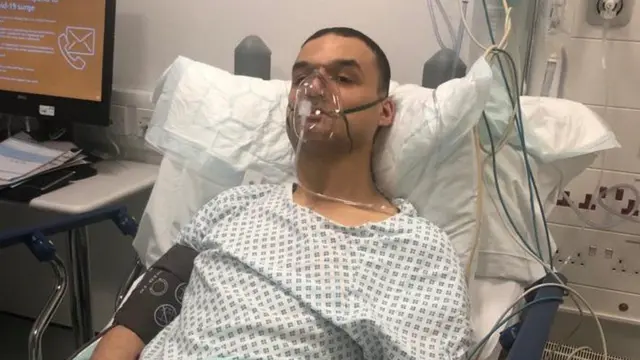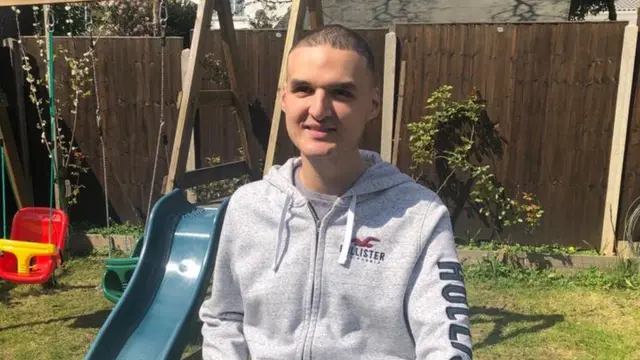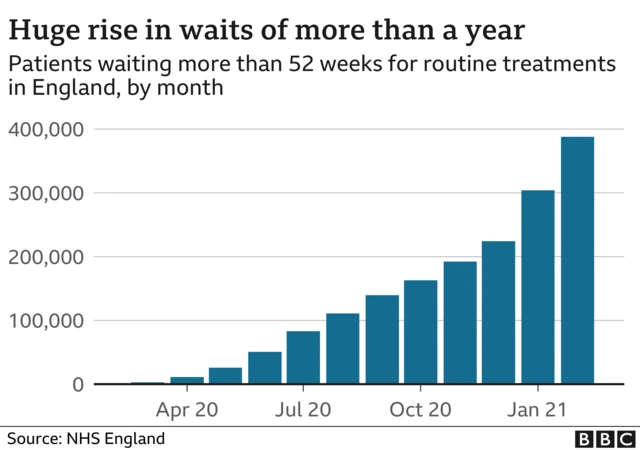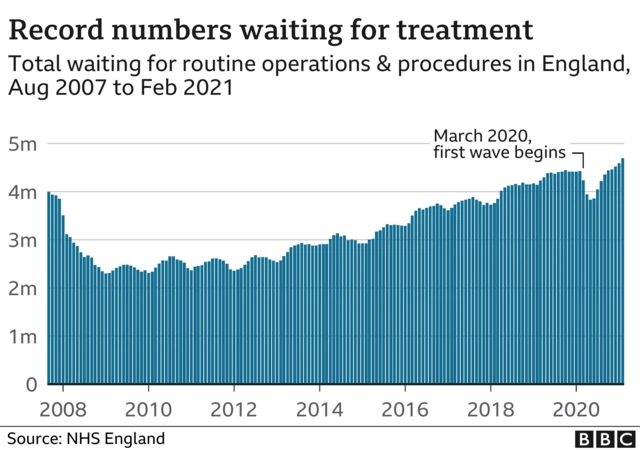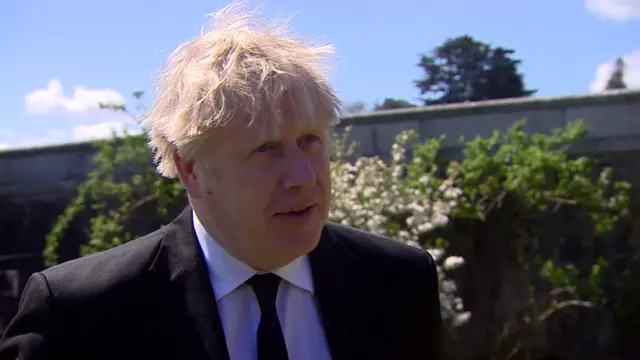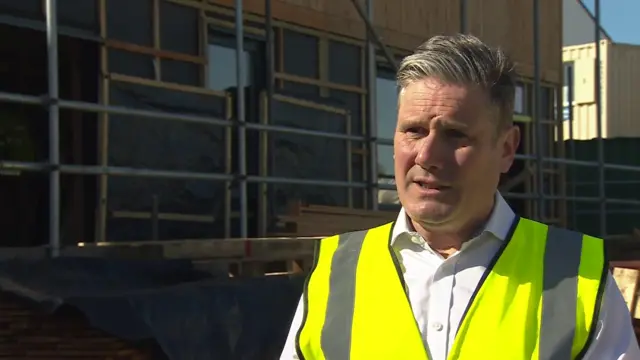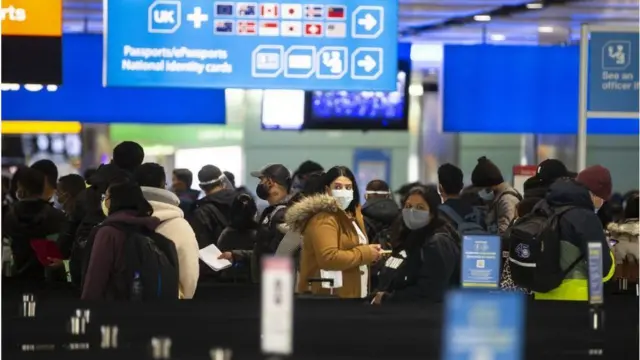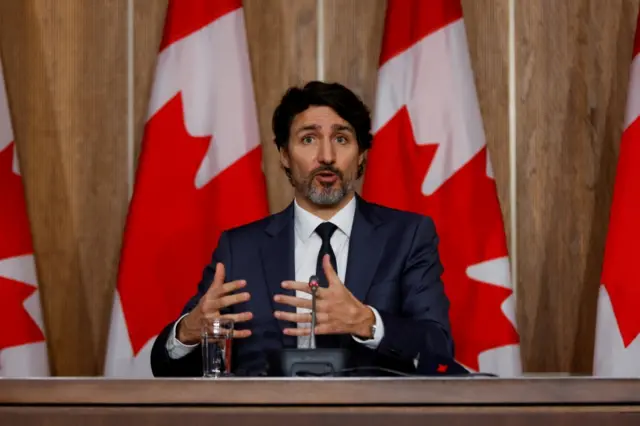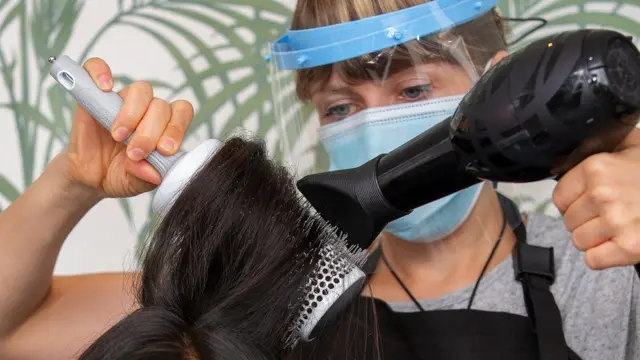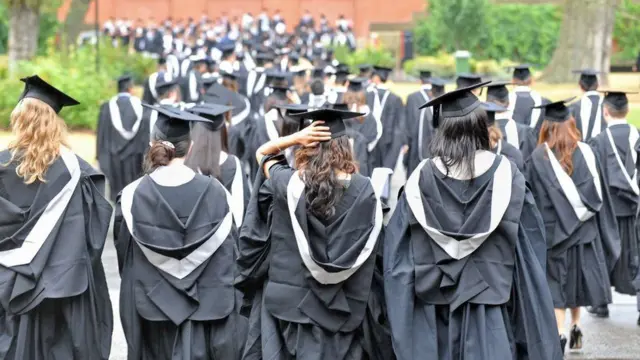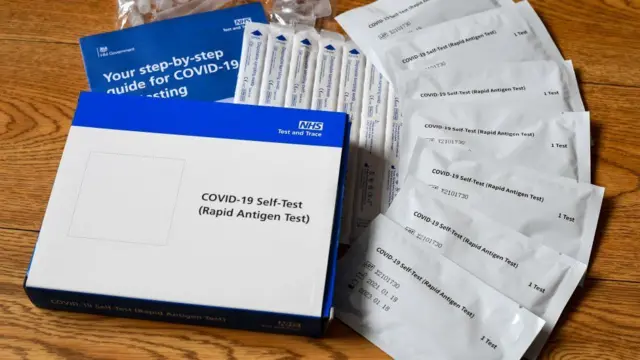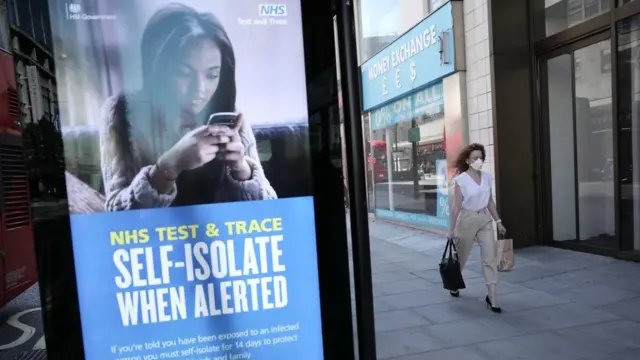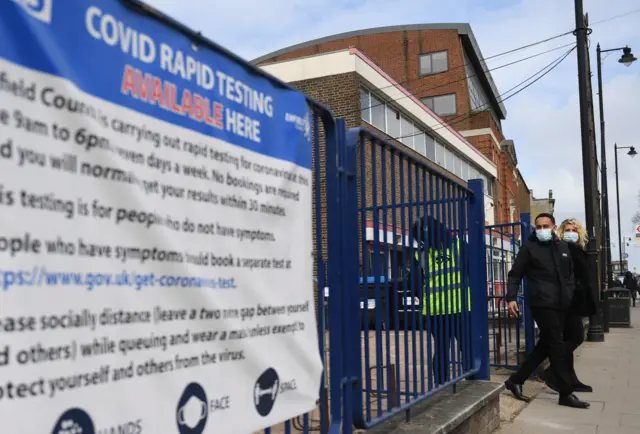Risk of rare blood clots higher for Covid than for vaccines - studypublished at 15:22 BST 15 April 2021
A study suggests the risk of getting rare blood clots is eight to 10 times higher after contracting coronavirus than it is for those who have been vaccinated against the disease.
Researchers at Oxford University (independent of the Oxford-AstraZeneca vaccine) said the risk of cerebral venous thrombosis (CVT) - an unusual blood clot in the brain also known as CVST (cerebral venous sinus thrombosis) - is around eight to 10 times higher after catching the virus than getting vaccinated with the BioNTech-Pfizer, Moderna or Oxford-AstraZeneca Covid jabs.
The researchers said people who have had Covid shouldn't be unduly worried by clots either.
The findings come after many European countries moved to restrict the use of the Oxford-AstraZeneca vaccine in younger people following reports of these rare blood clots.
The UK's watchdog, the Medicines and Healthcare products Regulatory Agency has said the benefits of the jab still outweigh any risks, but added that under-30s would be offered an alternative jab.
